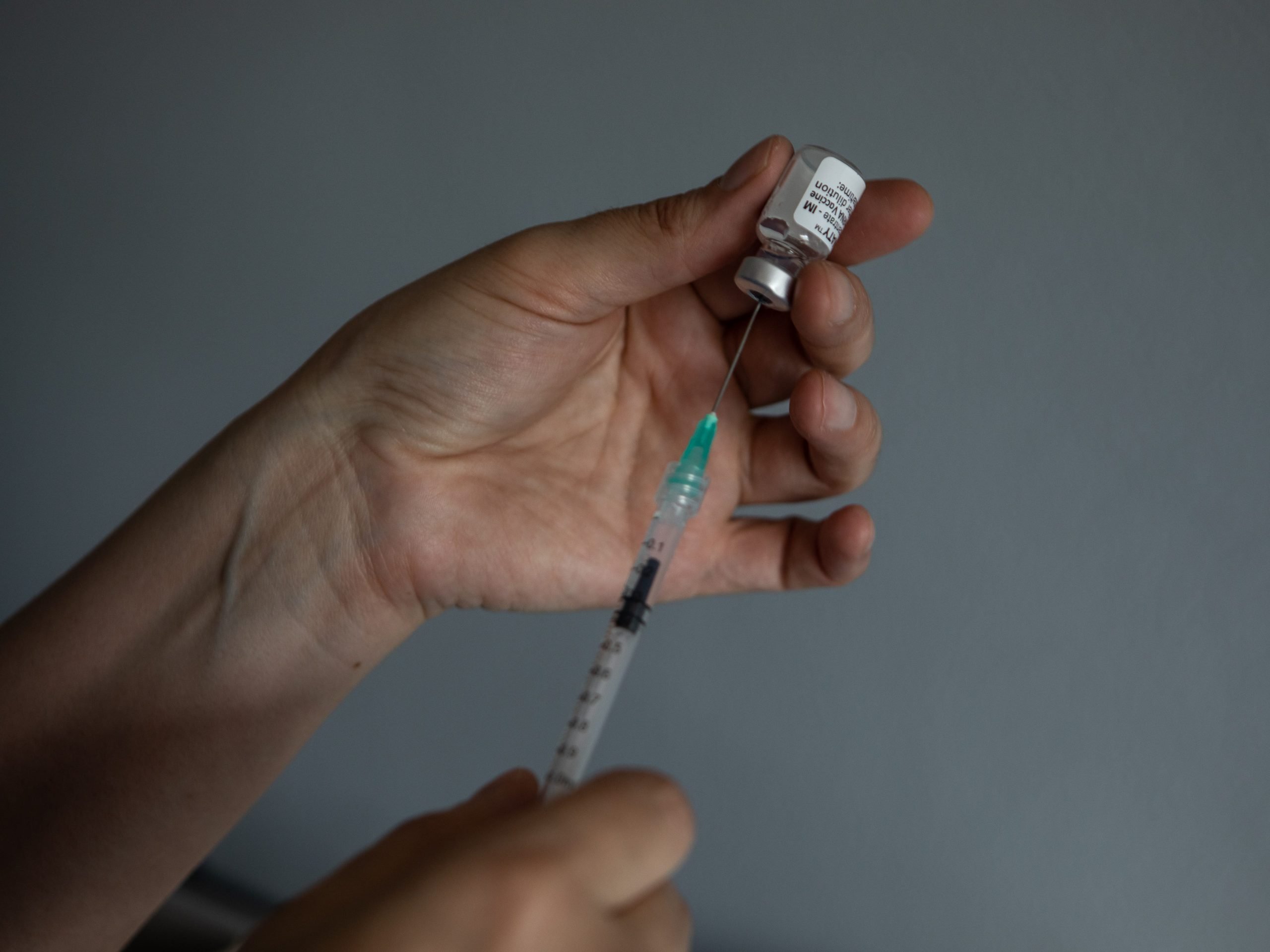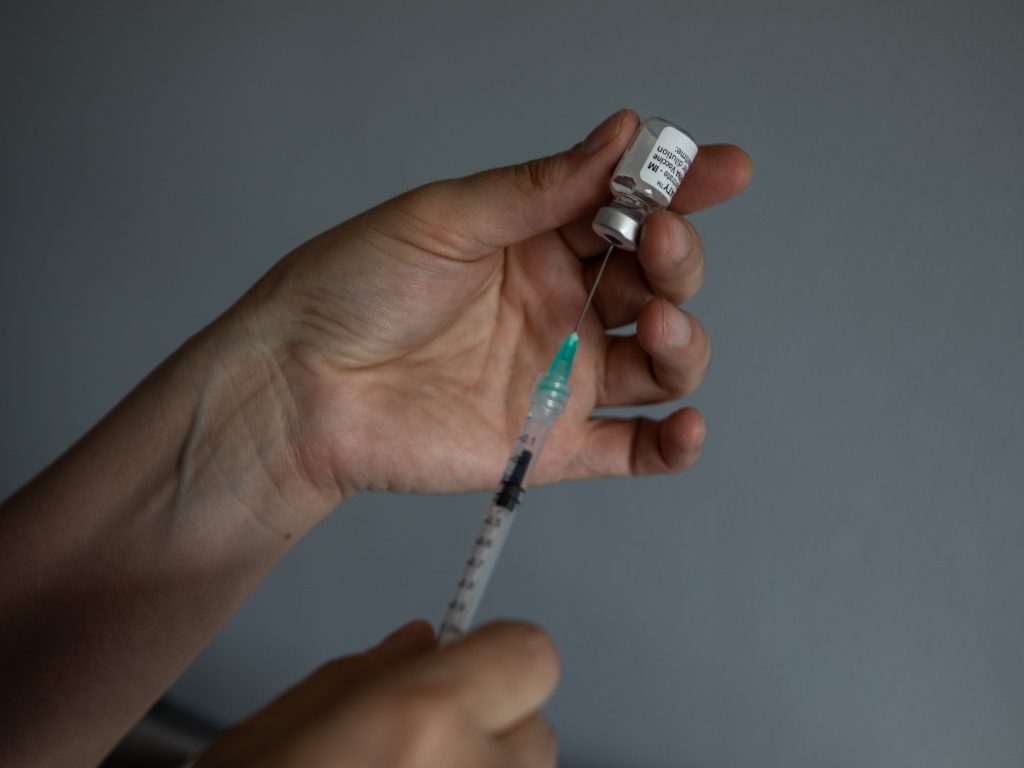
Emanuele Cremaschi / Contributor/Getty Images
- The typical person who will "definitely not" get the COVID-19 vaccine is a white Republican.
- Americans waiting for more information before getting a jab tend to be young and Black.
- Agriculture workers have the lowest rate of vaccination among all work sectors.
- See more stories on Insider's business page.
Three in ten Americans have not received a COVID-19 vaccine, according to the Centers for Disease Control and Prevention.
Insider analyzed survey data from Kaiser Family Foundation, Morning Consult, the US Census Bureau, and other data sources to estimate four profiles of non-vaccinated Americans.
Here are four typical unvaccinated Americans:
1. A white man in a rural area with no college degree who identifies as a Republican
The typical American who said they will "definitely not" get the COVID-19 vaccine is a white Republican who has health insurance.
They are typically 30 to 49 years old and live in a suburb or rural area. Nearly all of the states with the highest vaccine unwillingness rates are more rural than urban, according to FiveThirtyEight's urbanization index.
According to Kaiser Family Foundation data, people who will definitely not get a COVID-19 vaccine tend to make less than $90,000 a year. They are not likely to have received a college degree, and do not regularly get a flu shot.
A larger share of men than women said they will "definitely not" get the vaccine, KFF reported. The difference most likely occured because men are more likely to report identifying as Republican than women.
2. A young Black person who lives in a city or suburb and makes less than $90,000 a year
Young Black people are the most likely to say they did not get the vaccine yet because they are waiting for more information, according to KFF. This demographic typically does not live in a rural area and does not have a college degree.
This group is split almost evenly along political parties, according to KFF. Most people waiting to for more information about the shot believe the COVID-19 pandemic is underestimated in severity and correctly reported about in the news.
Non-Hispanic and non-biracial Black people have the lowest rate of COVID-19 vaccination, according to the US Census Bureau.
People waiting for more information said they would get a vaccine if airlines required shots to fly, or if the Food and Drug Administration approved the vaccine.
3. A 12-year-old child with Republicans parents who cannot easily get paid time off from their jobs
About 58% of children between 12 to 17 have not received a shot as of early August, according to a New York Times analysis. Additionally, Morning Consult found 22% of Snapchat users - who are largely below the age of 25 - said they are unwilling to get a COVID-19 vaccine.
Adolescents who have not gotten jabs typically have either Republican or unvaccinated parents, according to KFF. A quarter of working parents of unvaccinated teens said they would be more likely to get their child vaccinated if their employer paid them time off to do so.
Most parents told KFF they do not believe schools should require students get vaccinated for COVID-19, but support mask mandates.
4. A Latino agricultural worker who makes less than $50,000 a year
A Morning Consult survey found nearly one-quarter of people who make less than $50,000 a year were unwilling to get the COVID-19 vaccine. Of those uncertain about getting a vaccine, side effects from the shot are the primary concern.
Low-earning Americans get the least paid time off, according to the Economic Policy Institute. Nearly half of people who have not received a vaccine jab told KFF they are concerned about getting paid time off to get a shot and to deal with adverse side effects.
A Morning Consult survey found agricultural workers are the least willing to get a COVID-19 vaccine out of all other major sectors. Most agricultural workers are foreign born and self-identify as Hispanic.
Black and Hispanic adults are more likely to get a vaccine if they had access to a mobile clinic, according to KFF.

